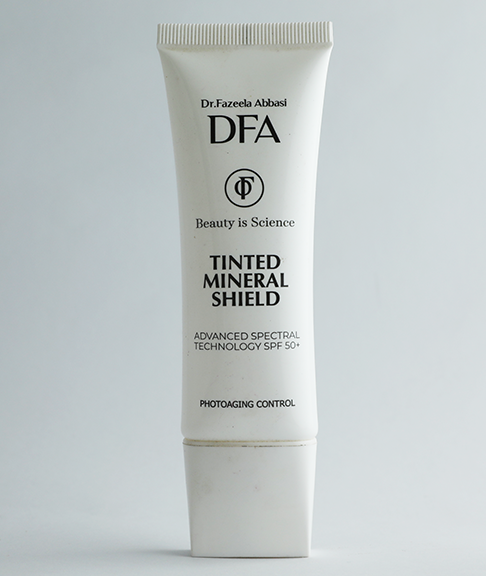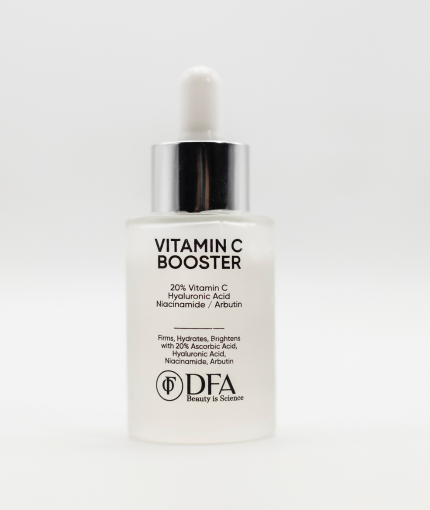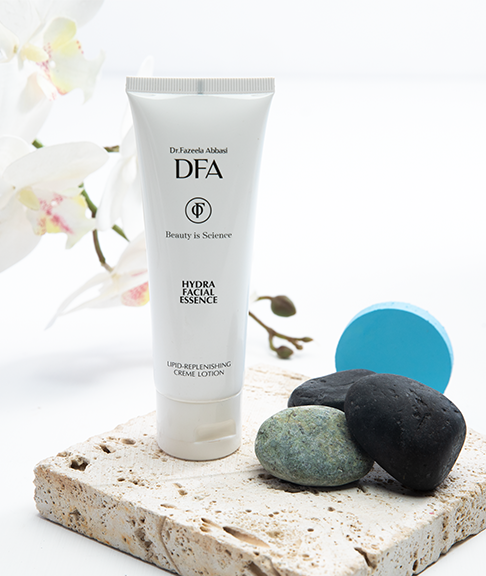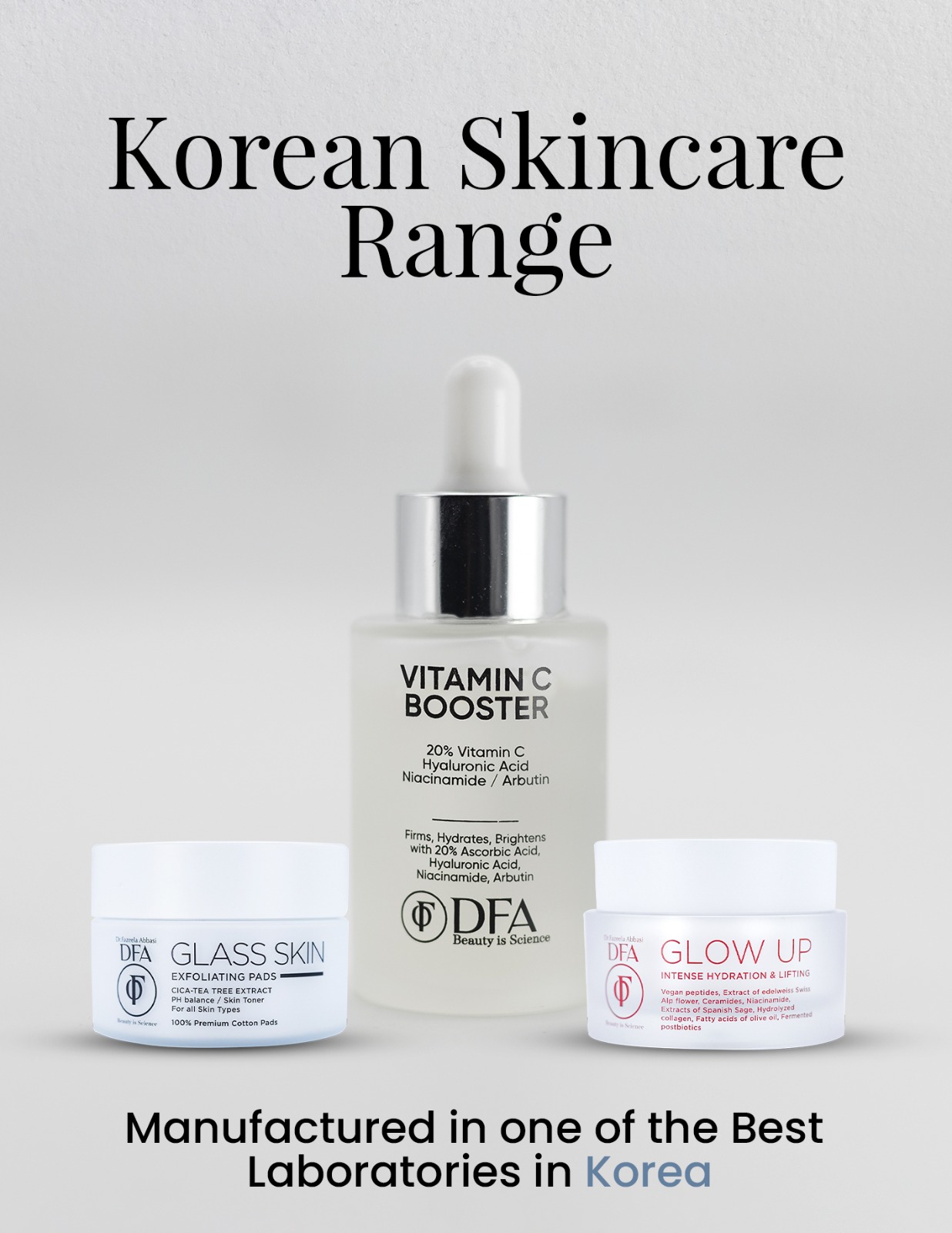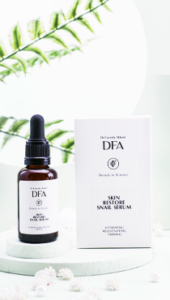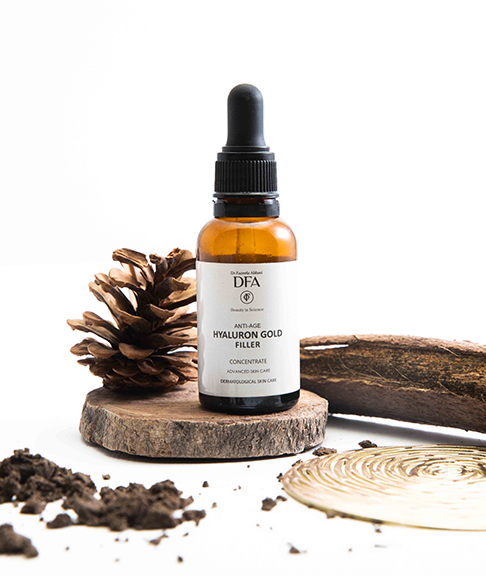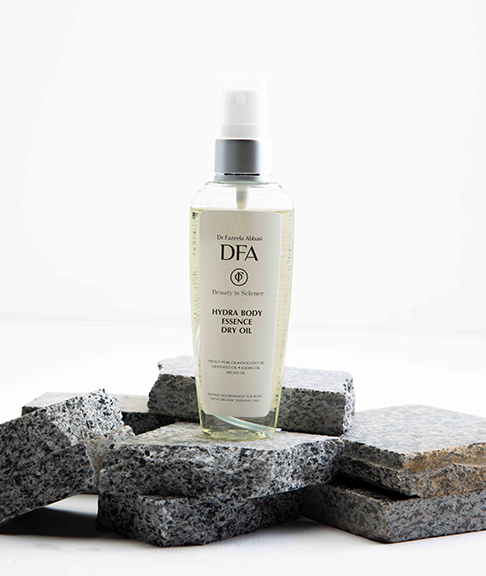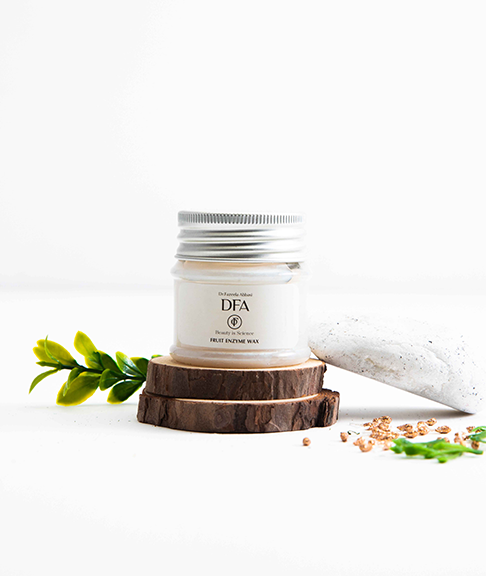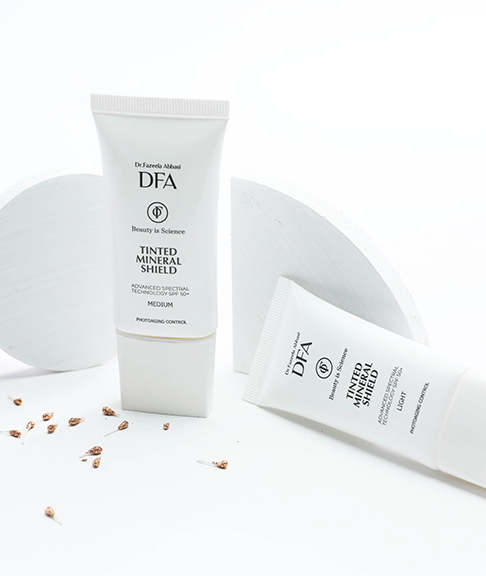Hyaluronic acid
In skin care products, hyaluronic acid is used as a humectant — a substance that helps the skin hold on to water. It helps hydrate the outer layers of skin, thereby improving the skin’s appearance. Skin that’s hydrated is touted as being more radiant and youthful-looking.
Although somewhat difficult to say (and even harder to spell), the skin-care ingredient commonly found in your favorite serums, sheet masks, and moisturizers, is an important addition to your daily skin-care regimen. That’s because HA, a molecule that occurs naturally in the skin, binds to water to plump up your skin and give it that dewy, glowy effect.
What is hyaluronic acid?
Hyaluronic acid is a sugar molecule that occurs naturally in the skin and it helps to bind water to collagen, trapping it in the skin, so that skin can appear plumper, dewier, and more hydrated.
Basically, hyaluronic acid increases hydration in the skin, which can keep your skin looking fresh, full, and bouncy. The collagen in our dermis forms the structure of the skin. Natural hyaluronic acid is bound to collagen on one side and links to water molecules on the other, giving skin its plumpness.
Why is hyaluronic acid so important?
As we age, we lose collagen and hyaluronic acid naturally, so the skin becomes dehydrated more easily. Also, harsh weather, heaters during the winter time, certain skin-care products, and underlying skin conditions can cause tiny breaks in the protective skin barrier, allowing water to escape. That’s why creating a tailored skin-care regimen with moisturizing products can be extra beneficial.
Hydrating skin-care ingredients including hyaluronic acid, glycerin, colloidal oatmeal, urea, propylene glycol, and sorbitol all act as humectants that attract water to the skin in an effort to hydrate it.
These ingredients are widely used in products such as moisturizers, eye creams, and serums. By using these products, you’ll firm the skin around the eye area, increase moisture to get rid of puffiness, and soften fine lines on the rest of the face. Hyaluronic acid penetrates easily, which is why it works so well when applied topically. Our skin is the largest organ in the body and absorbs up to 60 percent of nutrients we apply to it.
Additional perks of hyaluronic acid include its lightweight, watery nature and ability to lock in moisture from the environment and deeper dermis to fully hydrate the skin.
Who should use hyaluronic acid?
Hyaluronic acid is great for all skin types. In general, it is non-irritating and does not trigger acne, rosacea, or allergic skin reactions.
Those with dry and/or more mature skin will benefit the most from using hyaluronic acid. As we age, our bodies produce less of it, so replacing hyaluronic acid topically will make the most impact on those of us who are middle-aged and older.
There’s also an injectable version
Hyaluronic acid also comes in the form of an injectable. In dermal fillers, hyaluronic acid presents as a gel-like product that, once injected, attracts water to regenerate volume and recreate lost structure. This, in turn, helps reduce the overall sunken or sagging appearance of the face and softens the overall look of lines and wrinkles.



